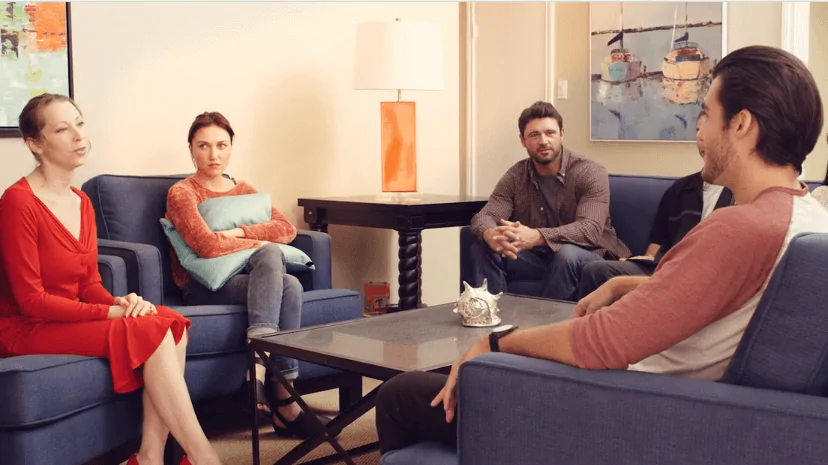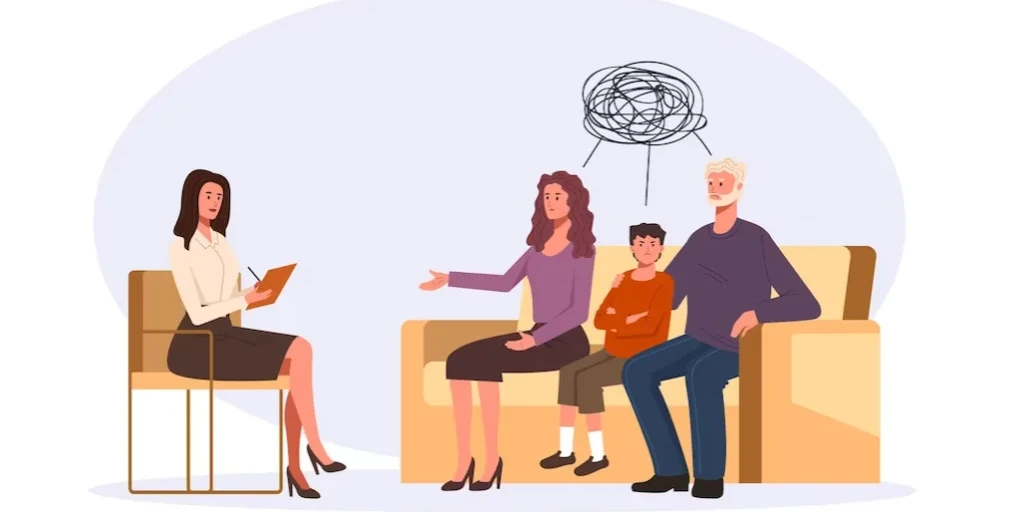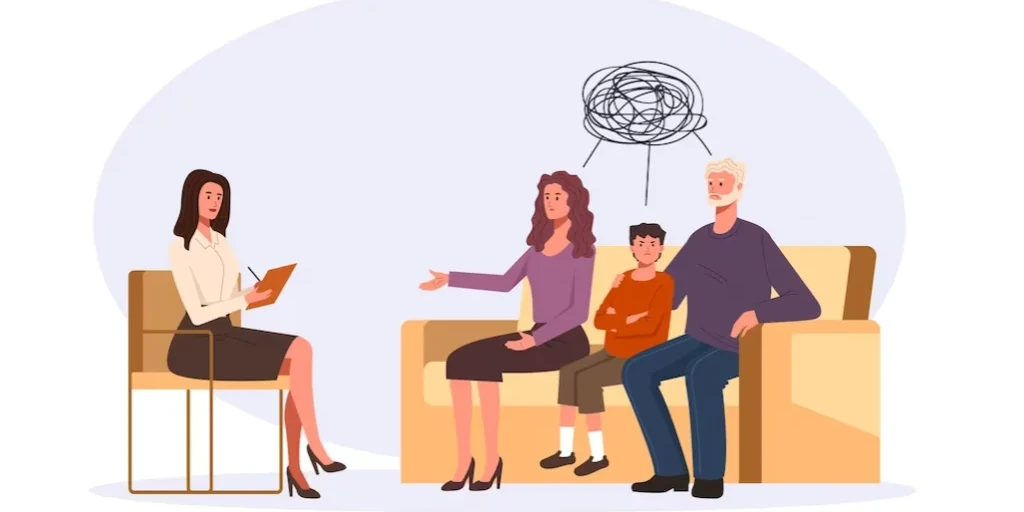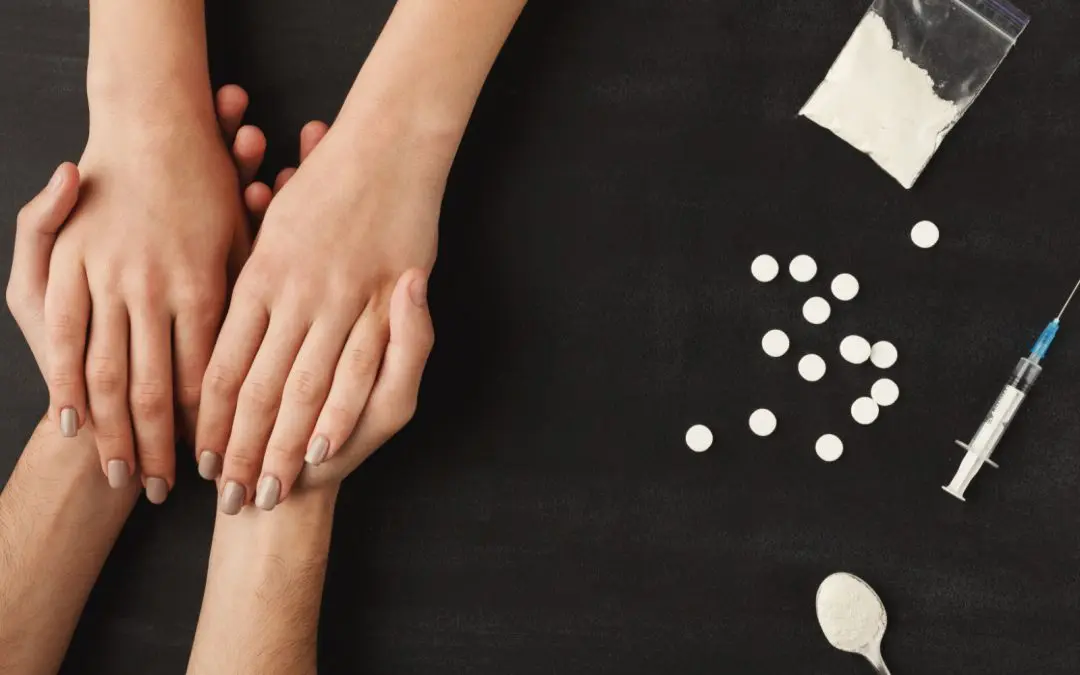24/7 Helpline:
(866) 899-221924/7 Helpline:
(866) 899-2219
Learn more about PTSD Rehab centers in Marion
PTSD Rehab in Other Cities

Other Insurance Options

Optum

United Health Care

Magellan Health

Humana

Anthem

UnitedHealth Group

Health Choice

Access to Recovery (ATR) Voucher

GEHA

Absolute Total Care

CareFirst

Group Health Incorporated

Choice Care Network

Aetna

EmblemHealth

Multiplan

Molina Healthcare

Cigna

Health Partners

UMR



Mid South Health Systems
Mid South Health Systems (Arisa Health) is a drug and alcohol rehab in West Memphis, Arkansas. They ...

OakRidge Behavioral Center
OakRidge Behavioral Center is a drug and alcohol rehab in West Memphis, Arkansas. They provide inpat...

Cummins Behavioral Health Services
Cummins Behavioral Health Services is an outpatient mental health care and addiction recovery facili...

Wabash Valley Alliance
Wabash Valley Alliance's mission is to provide quality behavioral health and addictions care based o...






























































Life Strategies of Arkansas
Life Strategies of Arkansas is a private rehab located in Earle, Arkansas. Life Strategies of Arkans...

Life Strategies of Arkansas
Life Strategies of Arkansas is a drug and alcohol rehab in West Memphis, Arkansas. They provide a ra...

Logan Centers
Logan Centers is a drug and alcohol rehab in West Memphis, Arkansas. They provide outpatient counsel...

AlAnon and AlAteen
AlAnon and Alateen is a drug and alcohol addiction recovery support group in West Memphis, Arkansas....

Rainbow Recovery Resources
Rainbow Recovery Resources is a counseling clinic located in Crawfordsville, IN. Rainbow Recovery Re...

Saint Elizabeth Behavioral Health
Saint Elizabeth Behavioral Health is a private rehab located in Crawfordsville, Indiana. Saint Eliza...

Valley Oaks Health (Crawfordsville)
Valley Oaks Health (Crawfordsville) is a private rehab located in Crawfordsville, Indiana. Valley Oa...







































































































































